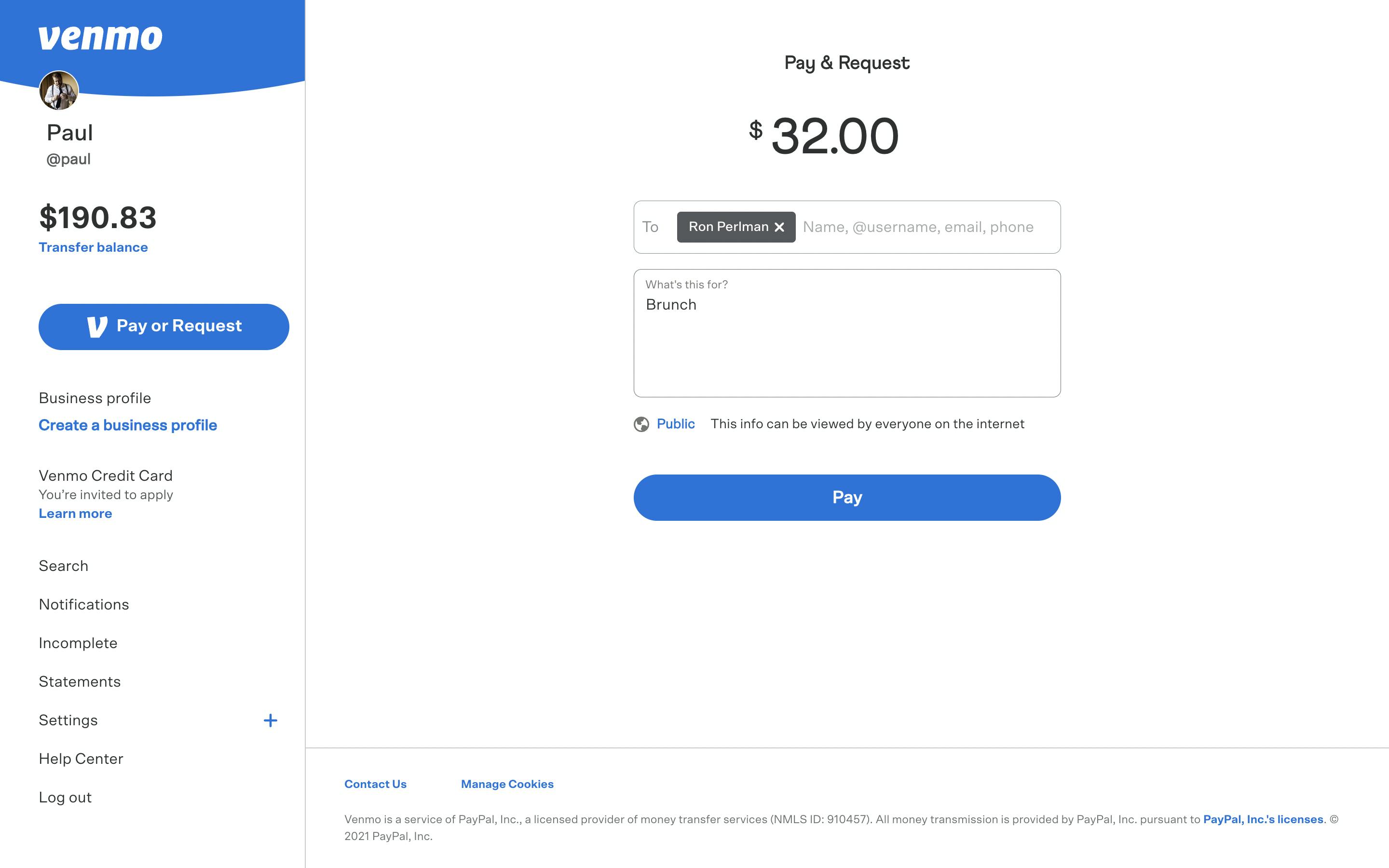Is Venmo HIPAA compliant?
Venmo is a mobile payment service owned by PayPal that allows users to transfer money to others using an app. It's popular for its ease of use, social media integration, and the quick setup time for money transfers. Venmo has been widely adopted for splitting bills, casual transactions among friends, and small payments.

Venmo in healthcare
Venmo use in healthcare settings must be handled with care to avoid potential violations of privacy regulations. While Venmo's quick and simple payment processing might be attractive, it cannot be used for transactions involving Protected Health Information (PHI) or any other sensitive patient data. Instead, healthcare organizations may choose to use Venmo for non-sensitive transactions, such as collecting payments for community health workshops, fundraising for healthcare charities, or handling non-medical expenses between staff members. The convenience and widespread adoption of Venmo could make it useful for these types of non-sensitive financial interactions within the healthcare community, as long as it stays clear of any transactions that would require HIPAA compliance.
Venmo and HIPAA compliance
Venmo is not HIPAA compliant. Venmo transactions are designed to be social and can be seen by others, which could potentially violate patient privacy. Also, Venmo will not sign a Business Associate Agreement (BAA), a requirement for HIPAA compliance. Therefore, Venmo should not be used in scenarios where patient Protected Health Information (PHI) would be involved. More information can be found on Venmo's Privacy Policy.
Staying HIPAA Compliant
Take a look at our ultimate guide to HIPAA compliant software and services for help selecting compliant service providers. Though careful vendor evaluation and selection is only one piece of the puzzle for maintaining HIPAA compliance. At TeachMeHIPAA, we offer an affordable HIPAA training solution to ensure your staff are knowledgeable in how to comply, and to help you meet your legally mandated HIPAA training requirement with ease. Learn more about our tips and tricks for maintaining compliance with our HIPAA compliance blog.